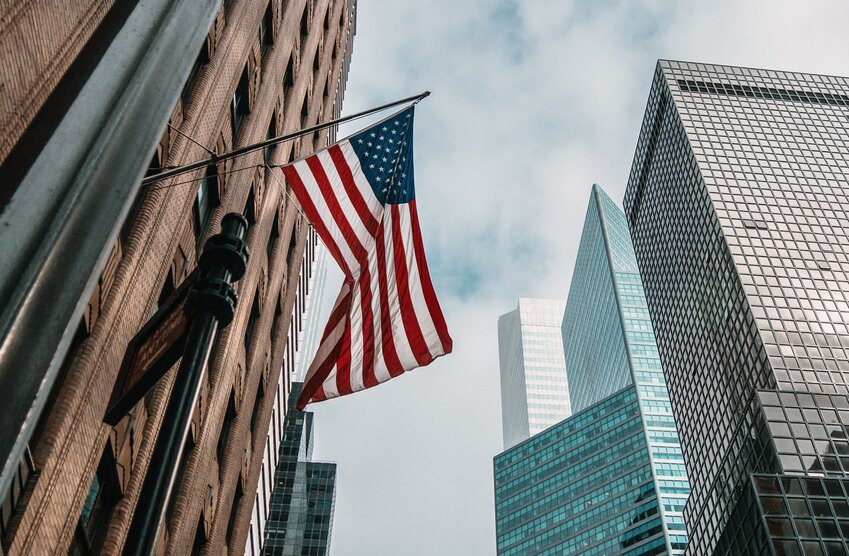Trump’s “Most Favoured Nation” Plan: Using WTO Jargon Like a CVS Coupon

On May 12, 2025, Donald Trump dusted off one of his greatest policy hits — the “Most Favoured Nation” (MFN) drug pricing rule. In true Trump fashion, he declared that America should pay no more than the lowest price any other developed country pays for prescription drugs.
“We’re the most favoured nation, folks. It’s right there in the name. So, we get the best deal,” he proclaimed, possibly confusing trade law with birthday party guest rankings.
Let’s be clear: in actual trade policy, MFN is a World Trade Organisation principlethat says you can’t give special tariff treatment to one country without giving it to everyone else too. (WTO)
It’s not about getting the best deal — it’s about giving the same deal.
Trump’s version? It’s MFN as “Me First, Now.”
But the real issue is not the acronym — it’s the total misreading of how other countries get lower drug prices. And to see that, as an Australian, I would say look no further than Australia’s Pharmaceutical Benefits Scheme (PBS).
Australia’s PBS vs. Trump’s MFN: Spot the Difference
Australia doesn’t get cheap drugs by yelling “deal!” into a microphone. It does so through a formal, centralised scheme run by the government that negotiates directly with drug manufacturers. If a drug doesn’t meet cost-effectiveness thresholds, it doesn’t get subsidised.
Through the PBS, the government sets the price patients will pay at the pharmacy —and absorbs the rest. There’s a process, a committee, and actual economic modelling behind it. It’s bureaucratic. But it works.
“Australia’s PBS system is based on hard-headed negotiations and value-for-money assessments,” says Dr. Barbara Mintzes, senior pharma policy researcher. “It’s not a slogan — it’s a system.”
Trump, by contrast, is trying to staple foreign price tags to American Big Pharma invoices without importing any of the regulatory infrastructure. It’s like demanding sushi prices in a steakhouse while refusing to eat raw fish.
Pharma Isn’t Buying It
Unsurprisingly, pharmaceutical companies are bristling. UBS warned that profits could fall 15% if Trump’s MFN order becomes reality. Stocks in Pfizer, Lilly, and others dipped just on the announcement. (Business Insider)
“He’s trying to copy foreign prices without copying foreign policy tools,” said one analyst. “It’s like trying to play cricket with a baseball bat — loud, but not very effective.”
A Trade Term Masquerading as Domestic Policy
Trump’s confusion boils down to this: MFN is a trade rule, not a domestic pricing mechanism. It ensures non-discriminatory treatment in trade. It does not — and was never intended to — serve as a price control lever within a single country.
His MFN approach to pharma pricing is like trying to enforce global equity with a one-sided deal.
The Takeaway
Yes, Americans pay too much for medicine. That part is right. But the solution isn’t to slap on a trade term and call it reform. It’s to build — or at least acknowledge — a coherent system like Australia’s PBS, because of structure.
If Trump really wants lower drug prices, he should stop playing tariff king and start copying other countries with similar schemes. Or at the very least, read the WTO’s definition of MFN before turning it into a campaign promise.